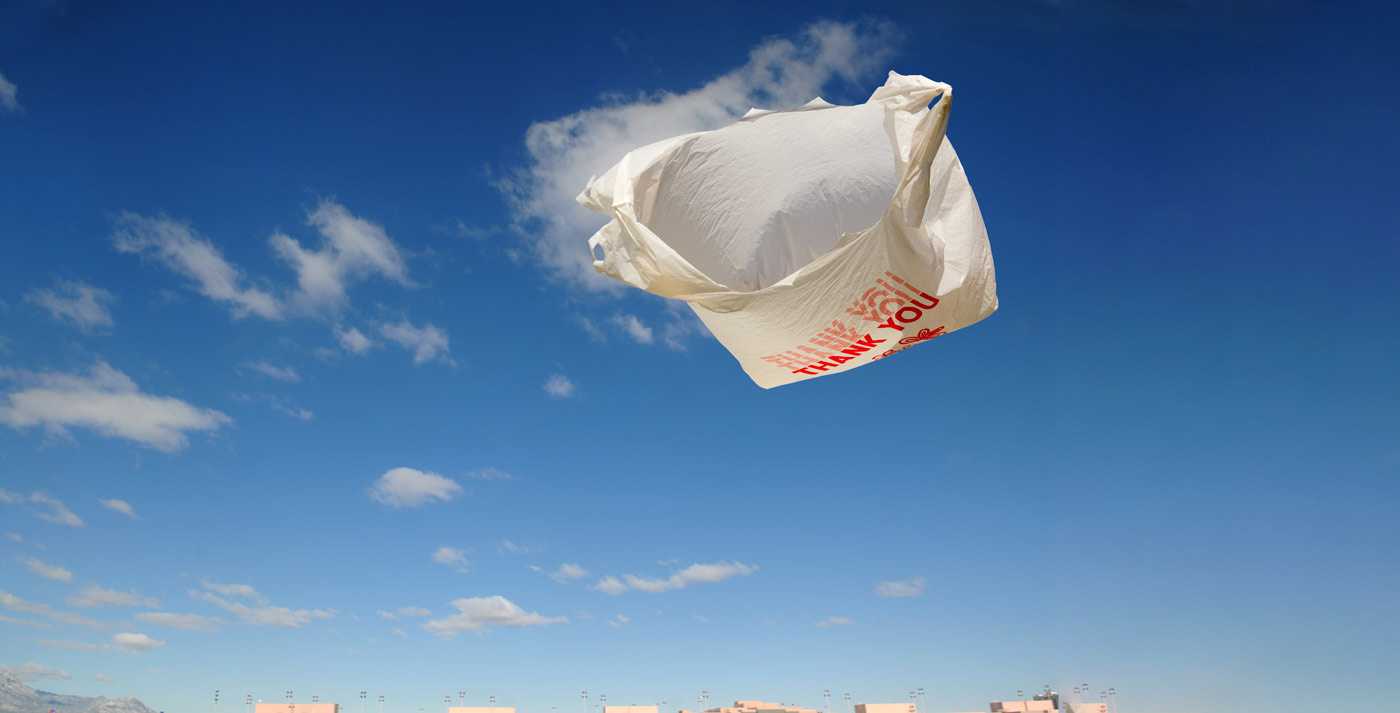.jpg)
.jpg)
The former Prime Minister Matteo Renzi has won the primary elections of the Democratic Party with 70% of votes, overcoming the other two competitors, the Minister of Justice, Andrea Orlando, (around 20%) and the President of the Puglia Region, Michele Emiliano (around 10%).
The first political relevant result is the voters’ attendance that has reached 1,800,000 participants, less than the previous primary elections (in 2013, 2.8 million voters) but still exceeding the expectations: a few days ago, Matteo Renzi stated that reaching 1 million voters would have been a positive result.
In fact, the primary elections were called after Renzi’s defeat at December’s referendum and his resignation as Prime Minister and Secretary of the Democratic Party. In the following months, the internal exacerbated debate resulted in some members of the leftist minority, including a former secretary, leaving the party. All these elements as well as the rising of an anti-establishment sentiment could have put at risk the level of attendance, mining the basis of the democratic selection of the party’s secretary.
This result is a first step towards the next general elections and gives Renzi a strong electoral mandate to prepare the ground for the national electoral race, starting from the negotiations on the electoral law, passing through the local elections that in June will take place in almost 1,000 Italian cities, and arriving to, potentially, the call for early elections (before the natural end of the legislature in February 2018).
However, to get to early general elections, Renzi would still need to find an accord within the Parliament and with the President of the Republic, Sergio Matterella, who has recently urged the parties to find an agreement on a new electoral system to overcome the current one that would not ensure a clear parliamentary majority after the elections.
Now, on his way to the next general elections Renzi will have to avoid new frictions with the leftist minority of the party that would undermine his leadership, as it already happened in the past months till the failure of the constitutional reforms. To this extent, the new deputy secretary and Minister of Agriculture, Maurizio Martina, who has a leftist background, could play a crucial role as mediator.
More importantly, Renzi will have to find a balance between his electoral appetite and the support to the action of Paolo Gentiloni’s government, that has acted so far in continuity with Renzi’s government.
In this context, the relation with the European Union will be a crucial theme: while Renzi has decided to be more and more vocal in asking for a renewal of the EU, the government must negotiate with the European institutions the next economic and financial manoeuvres. The balance between the electoral needs and the government’s negotiation duties will probably be key in deciding when the electoral race will take place and what position Renzi’s Democratic Party will have in the starting grid.


